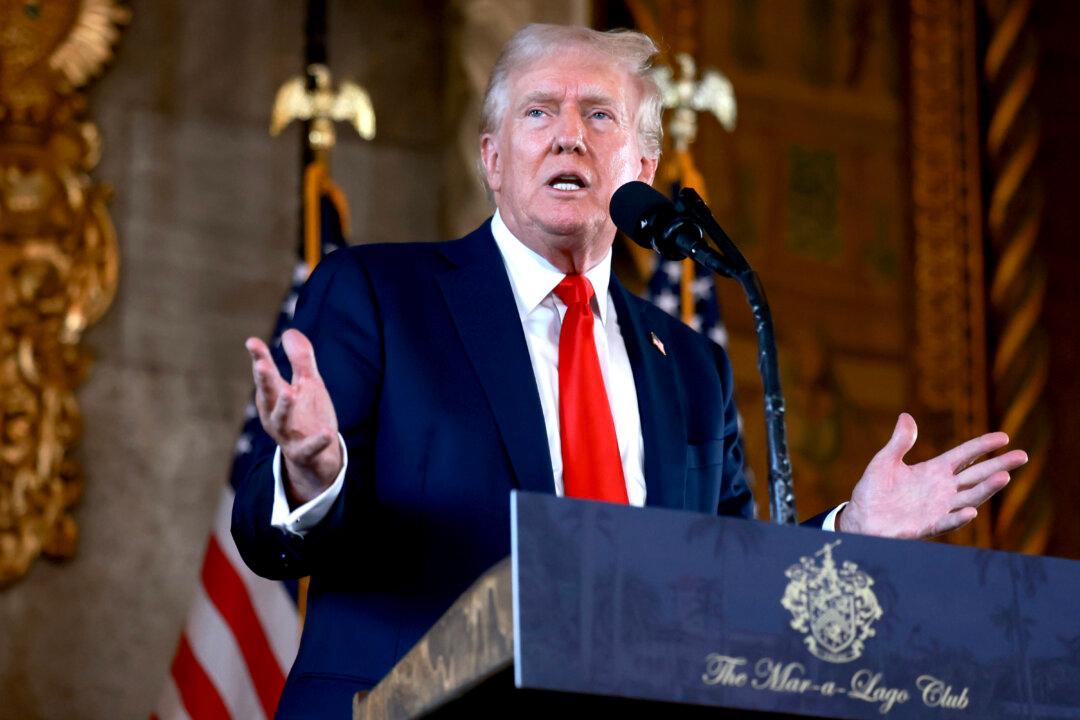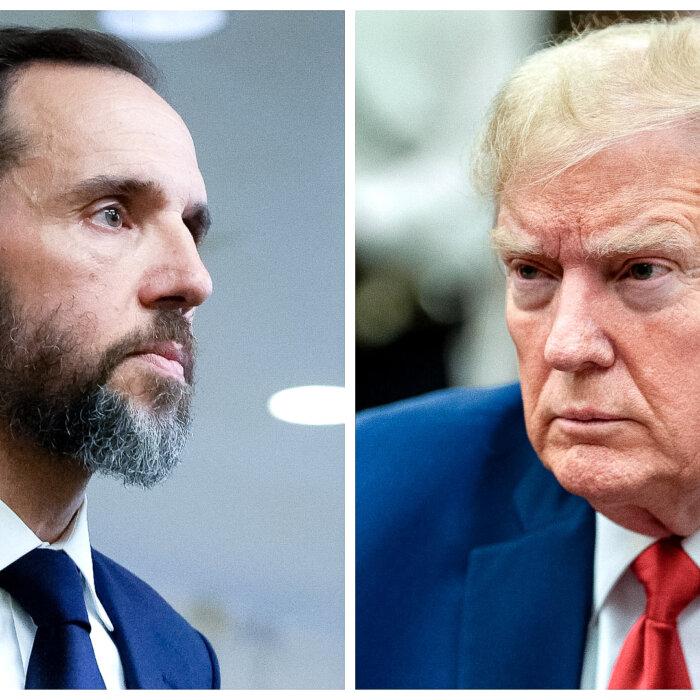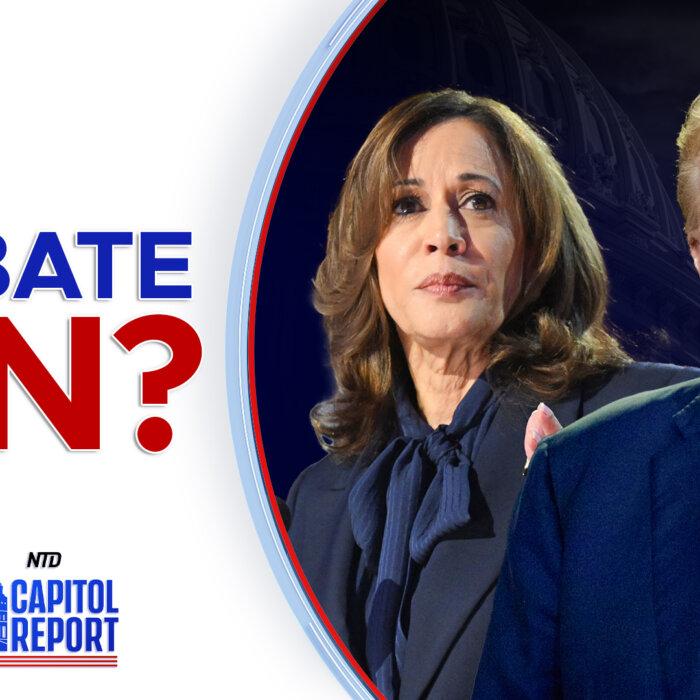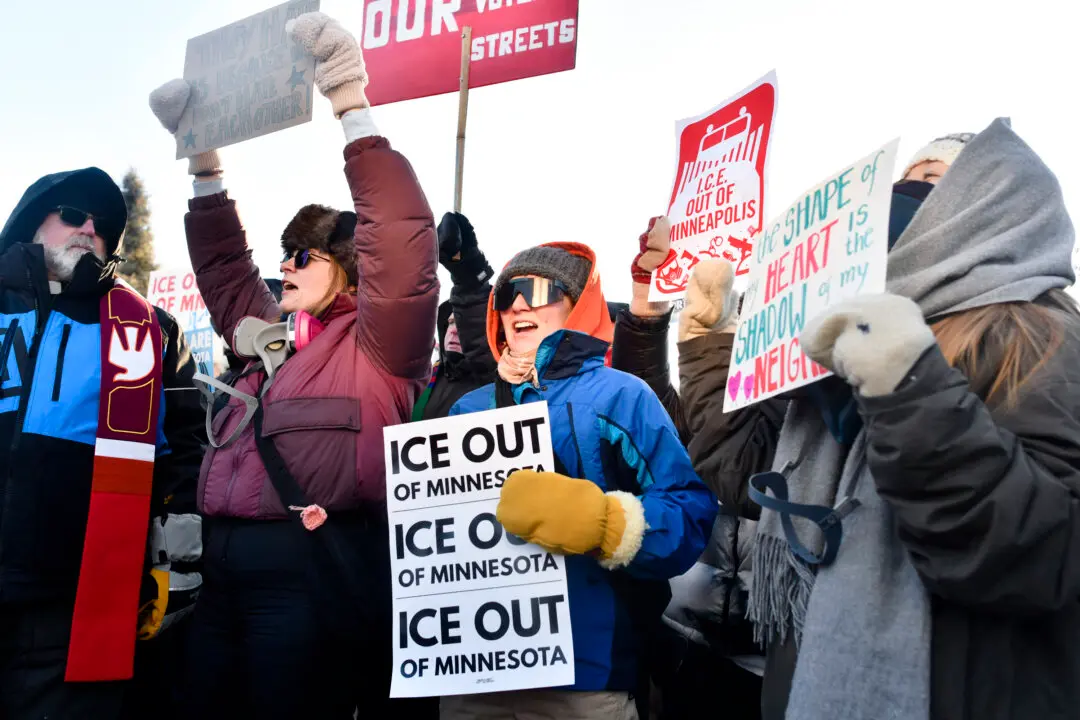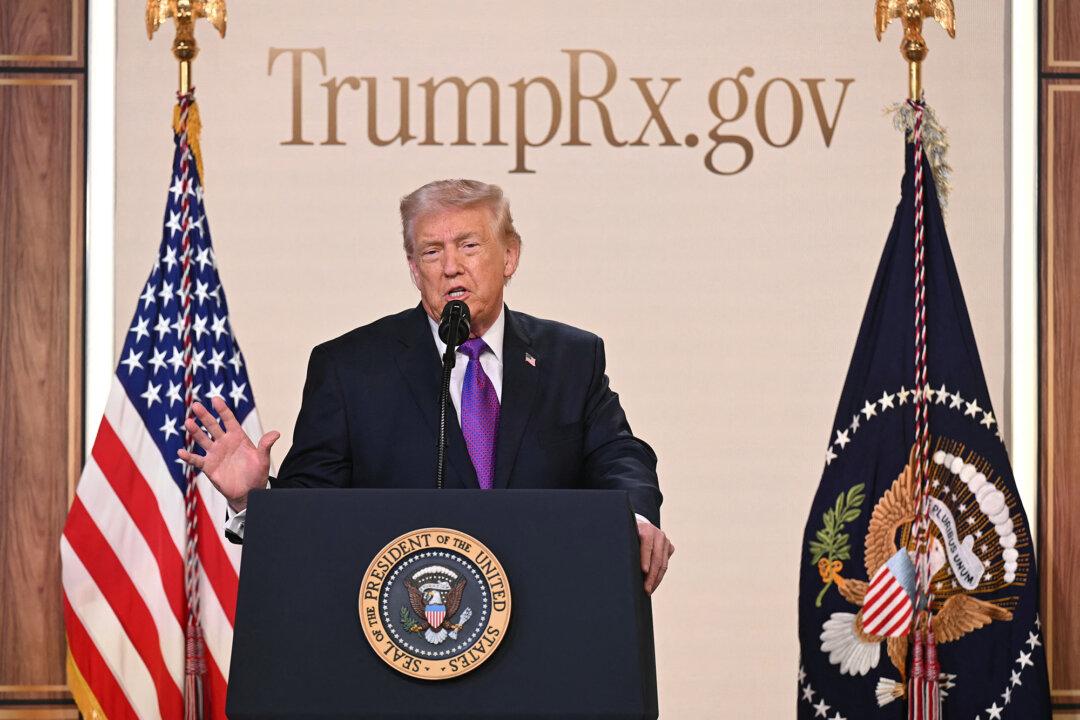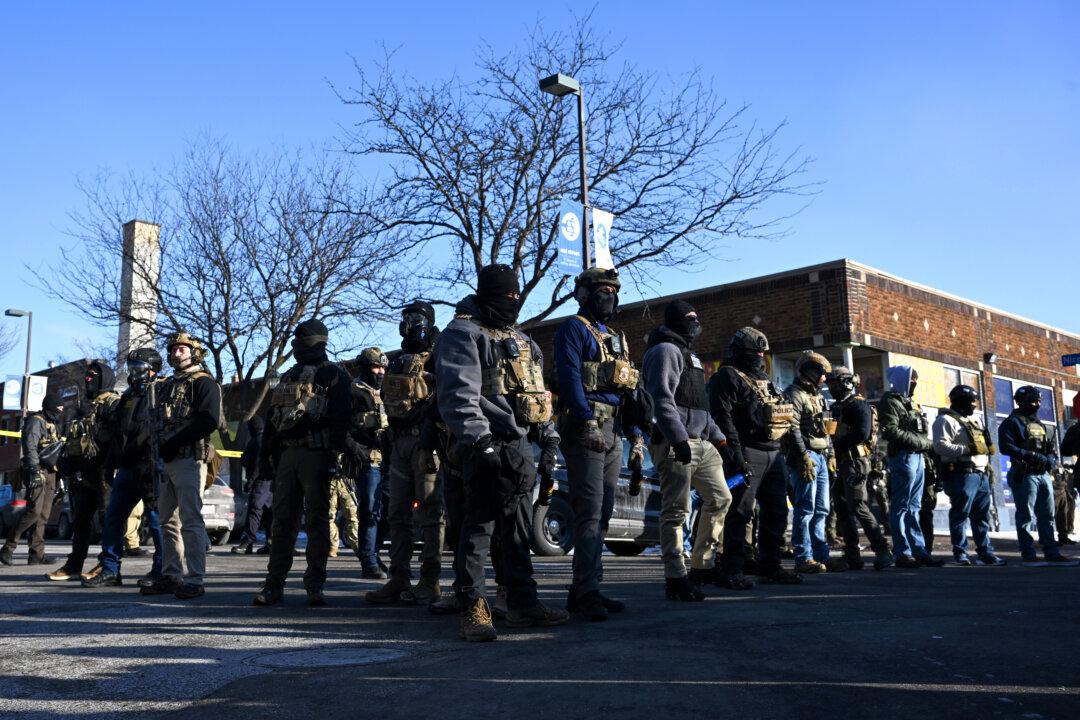Federal prosecutors have revised a case against former U.S. President Donald Trump to navigate the issue of presidential immunity he was effectively granted by the Supreme Court.
The presidential immunity ruling applies specifically to actions that Trump took in office, so prosecutors have had to reframe their case to concentrate exclusively on actions taken by Trump outside his official capacity.
On Aug. 27, Special Council Jack Smith laid out the new indictment, rewording the case that alleged Trump had tried to overturn the 2020 election results.
The four counts on the indictment charge still remain the same, which are: conspiracy to defraud the United States, conspiracy to obstruct an official proceeding, obstruction of and attempting to obstruct an official proceeding, and conspiracy against rights.
Any actions that Trump was involved in with the Justice Department have now been removed, so the new 36-page indictment, now nine pages shorter, no longer lists former Trump admin Justice Department official Jeffrey Clark as a co-conspirator.
Clark had not been named in the indictment but was identified through public records and other means.
The case retains allegations that Trump pressured then-Vice President Mike Pence to overturn the congressional certification of the election on Jan. 6, 2021.
“The defendant had no official responsibilities related to the certification proceeding, but he did have a personal interest as a candidate in being named the winner of the election,” the revised indictment states.
It is unlikely that the case will proceed before the Nov. 5 elections where Trump is competing against Democratic nominee, current Vice President Kamala Harris.
If Trump wins the election, he is expected to withdraw the case, but if he loses he will most likely make an appeal and the case will end up in the Supreme Court.
On July 1, Trump received a big win when the nation’s highest court ruled that he had some presidential immunity in cases where he had acted in his official position.
On his social media network Truth Social, Trump called the new indictment “shocking.” He has denied all counts against him.
On Aug. 26 Smith asked an appeals court to reverse Judge Aileen Cannon’s order dismissing prosecutors’ illegal documents case against Trump.
Trump was indicted by Smith for allegedly illegally holding onto classified documents at his Mar-a-Lago resort in Florida after leaving office. Cannon had ruled that Smith’s appointment as special council was unlawful, thereby nullifying all charges made against Trump under the indictment.
A special council is a prosecutor that can be appointed—commonly by the attorney general—when an investigation could constitute a conflict of interest. An example would be legal matters involving sitting and former presidents.
